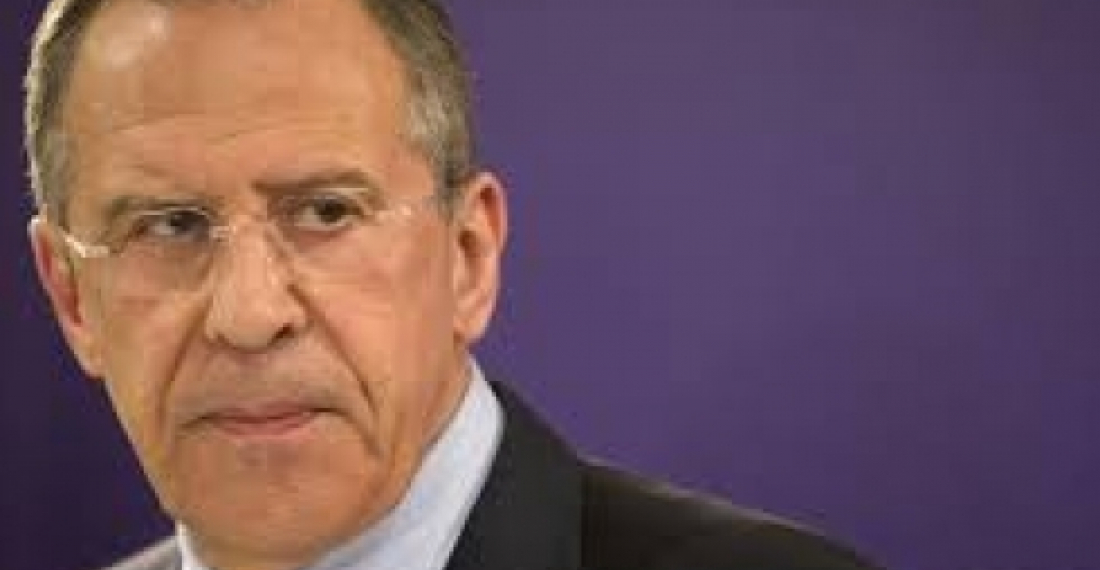Как сообщают СМИ, министр иностранных дел России Сергей Лавров на этой неделе посетит Южный Кавказ. В преддверии визита, в минувшие выходные, Лавров провел телефонные переговоры с госсекретарем США Джоном Керри, а также с министром иностранных дел Германии и действующим председателем ОБСЕ, Франк-Вальтер Штайнмайером. Согласно СМИ главной темой двух разговоров стала ситуация вокруг карабахского конфликта и процесс его мирного урегулирования.
Штайнмайер только что вернулся в Берлин после посещения Южного Кавказа. Немецкое председательство в ОБСЕ прилагает значительные усилия для поддержки мирного процесса вокруг карабахского конфликта, который номинально проходит под эгидой ОБСЕ, но в основном им занимаются три страны-сопредседателя Минской группы - Франции, России и США. МИД России сообщил, что разговор между Лавровым и Штайнмайером был инициирован немецкой стороной.
Со своей стороны госсекретарь США Джон Керри также намерен посетить регион на этой неделе, и, как сообщается, 6 июля он прибудет в Грузию. Из Тбилиси Керри отправится в Варшаву для участия в Саммите НАТО.
Россия, являясь одним из сопредседателей Минской группы ОБСЕ по Нагорному Карабаху, также предпринимает отдельные усилия для решения конфликта и, как сообщается, не заинтересована во вовлечении в них третьей стороны. Однако, по мнению аналитиков, ввиду того, что регион становится все более значимым, российскую монополию не возможно будет сохранить, и Россия рано или поздно должна будет принять это.
источник: commonspace.eu по материалам агентств
фото: Сергей Лавров (фото из архива)







